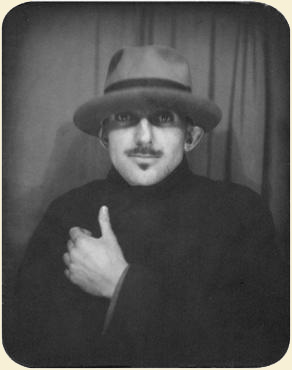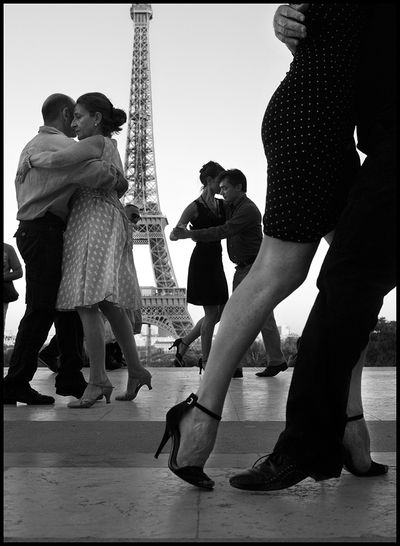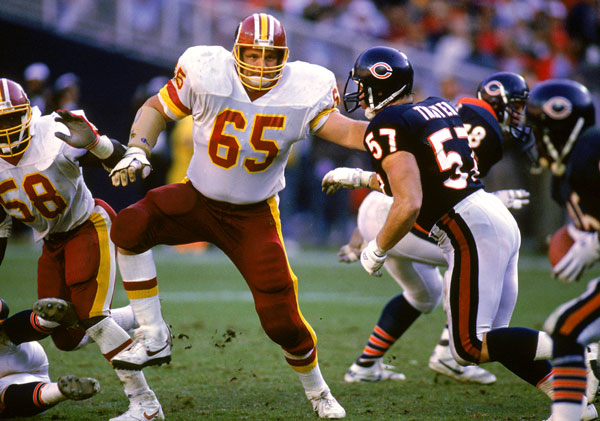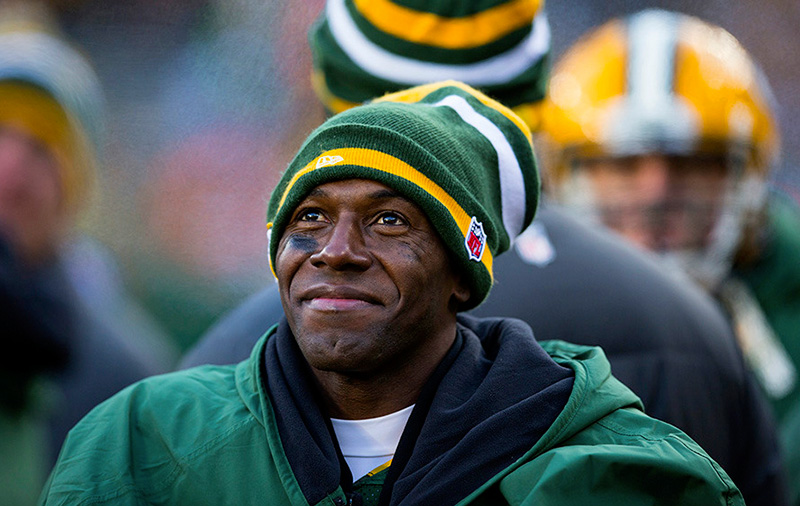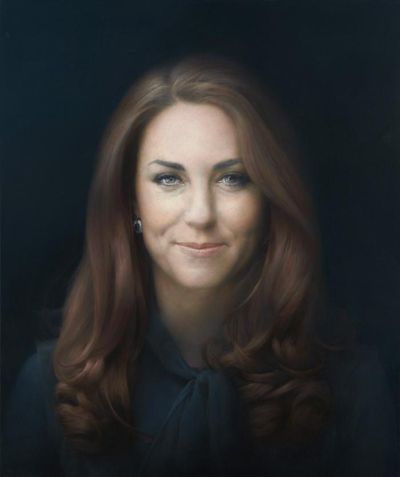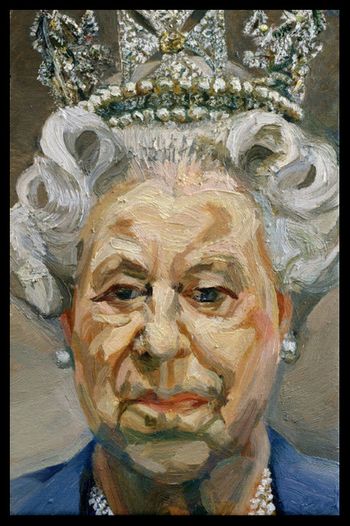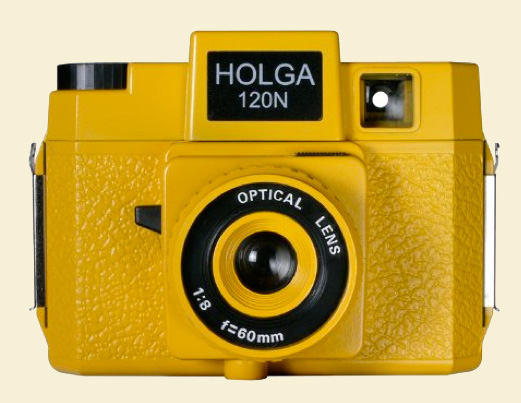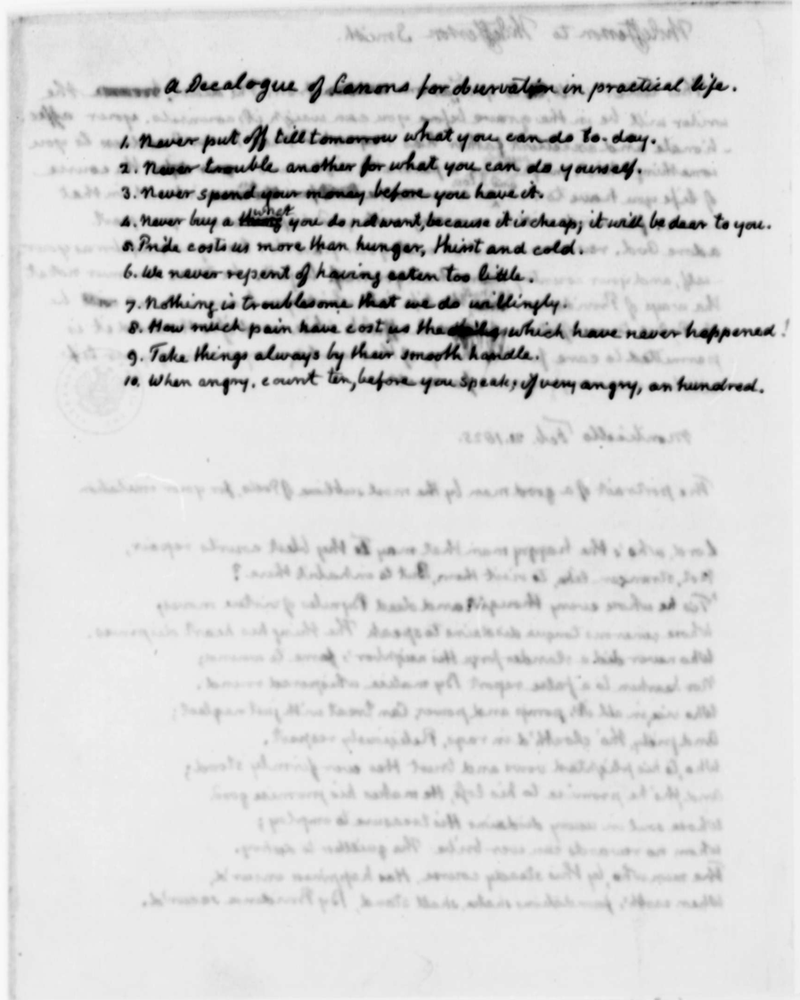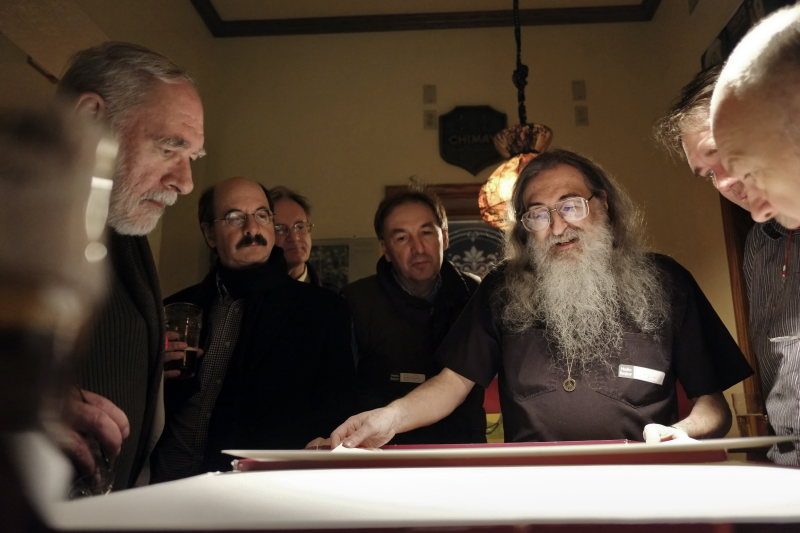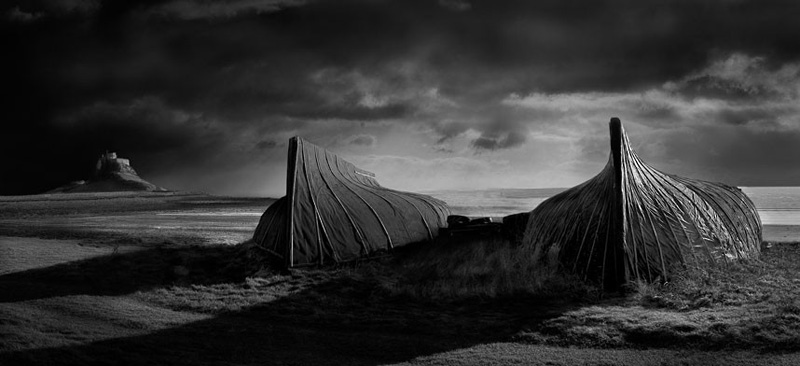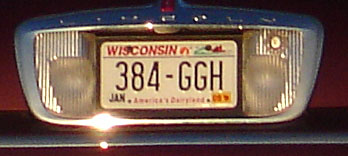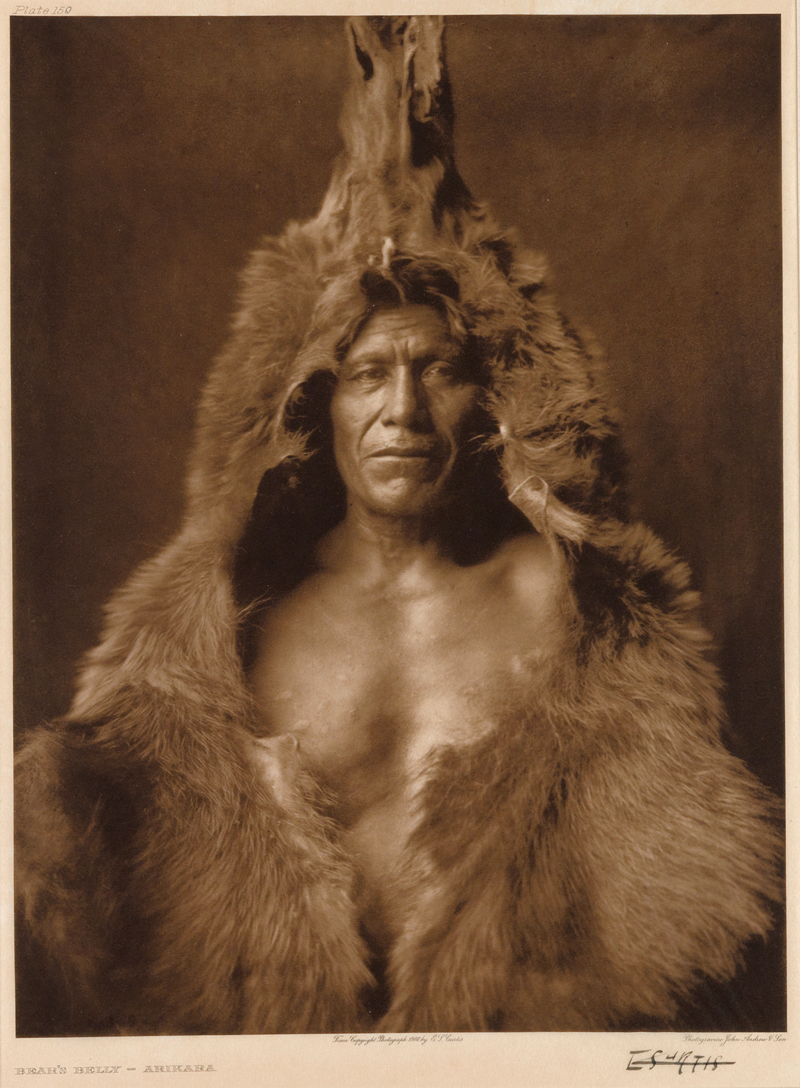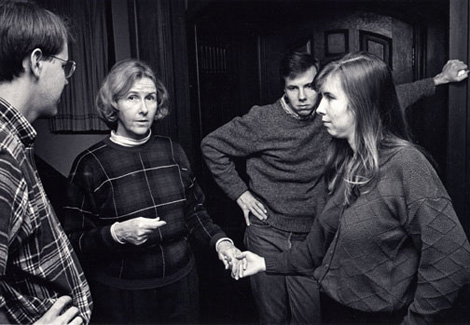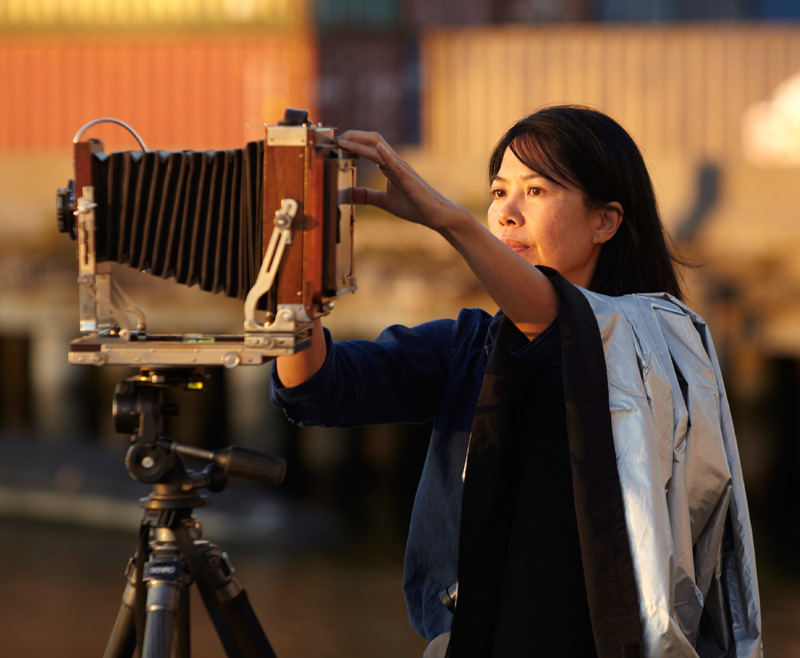"Best of" awards have always annoyed me because of a principle I'm highly aware of, yet which doesn't, to my knowledge, have a name. Namely: the closer to equal two things are, the less important it should be to rank them, but the more important it seems to be to humans to do so. So if two DACs (digital to analogue converters) are almost indistinguishable from each other, you won't see people saying "ah, just get one or the other, it doesn't matter." More likely, you'll see people arguing strenuously over why one is great and the other is crap. If two Olympic skaters skate hell bent for leather for three minutes and one of them crosses the finish line .02 seconds sooner, that one gets a "gold" medal and the other one gets a "silver" medal, even though it might have come down to where their feet were in their motions at just the critical moment. Whereas to me, what an .02 second difference means is that each of them is just as good as the other. The difference is simply below the threshhold of significance.
Basketball is completely annoying in this respect. Extremely close basketball games are decided by such contingent and capricious factors that some of them might as well be decided by a coin toss.
I concede that the "rankers" can have their way with objectively quantifiable races. One skater does cross the finish like "ahead" of the other, even if fractionally, so, fine, that person "wins." Have it your way, stupid humans. Whatever.
But where our primate ranking obsession becomes really silly is in subjective awards and contests. It's just not meaningful to have a photo contest, say, where there are 15,000 entries and one picture is called "the grand prize winner" and another is called "the runner up." Things like that are so utterly arbitrary.
Take American football right now, for instance. This year, they (and I don't even know who "they" are, I confess) will give out an award for "Rookie of the Year." This year there are at least five rookies who could have won this award in any other year, but, especially, there are three quarterbacks who have done utterly remarkable things—most notably Robert Griffin III at Washington and Russell Wilson at Seattle. Why is necessary to call one of them Rookie of the Year and the other one chopped liver? It's ridiculous. I think they ought to give Rookie of the Year to as many people as truly deserve it. One, two, three, four, five, whatever.
This is inhuman. Literally, in that it's not how primates tend to think and act. It's not what satisfies us. We're driven by competition. We want a winner. And losers.
And then, apparently some sportswriters think it's important to determine which player should be annointed "Comeback Player of the Year." (Again, my ignorance: I have no idea if that's actually an official award or not. School me, please.) Should it be Adrian Peterson, running back at Minnesota, who came back from a full ACL tear, an injury that causes some running backs to retire, yet became only the seventh back in NFL history to rush for more than 2,000 yards in a season, and came within nine measley yards (the running back equivalent of .02 seconds) of the all-time running record? My doctor brother says some people would not even be walking again one year after a full ACL tear, "much less acting like Walter Payton." Or should it be Peyton Manning, who sat out all of last season while undergoing either three or four operations on his neck (different sources give different numbers), and who was given the gold watch and the back side of the door in no uncertain terms by Indianapolis, the organization where he'd spent his whole career—and who then signed with the Denver Broncos and had his second-best season ever as a quarterback, leading the team to a 13-3 record, including a #1 seed in the playoffs and an 11-game winning streak that's still going?
Tell me, how in the hell are either of those two players not the Comeback Player of the Year? They're two of the greatest comeback stories in the history of the NFL, is what they are.
Okay, too much preamble. Sorry. Let's review:
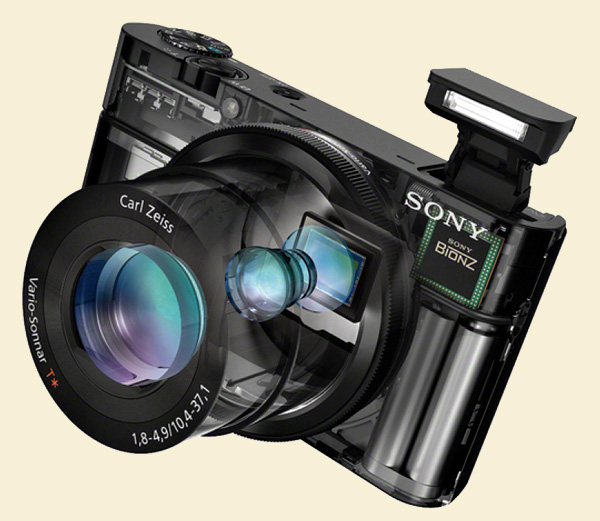
Sony RX100—Brought the new 1" sensor size (13.2x8.8mm) to a very small, easy-to-use all-in-one fixed-lens compact with particular success, due in no small part to a spectacular sensor that takes gorgeous pictures.
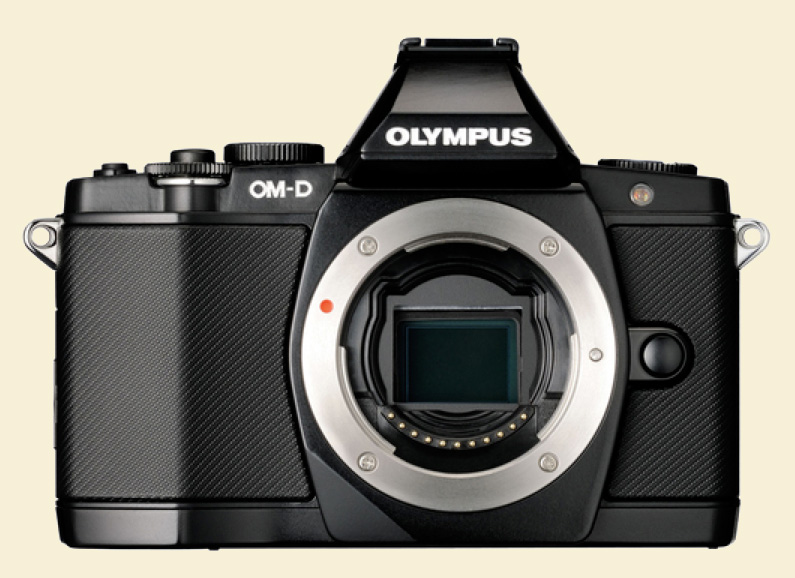
Olympus OM-D E-M5—First pro-level Micro 4/3 camera, again with particularly wonderful image quality, distinctive if controversial retro styling, and a host of leading edge (for Micro 4/3) features, including particularly successful implementation of IBIS. All in a small, portable, yet easily handle-able package.
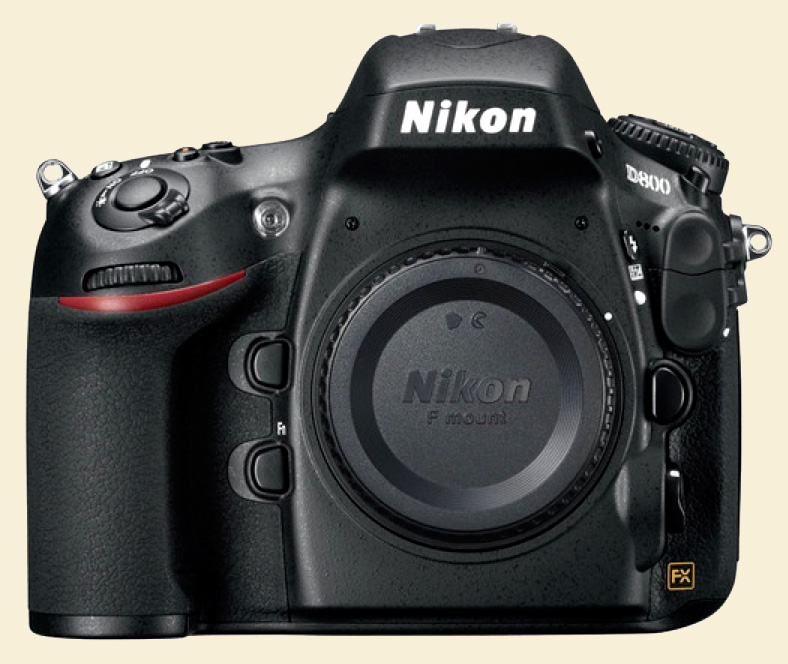
Nikon D800/E—With 36 MP, first "full frame" (i.e., 24x36mm) sensor camera to make true inroads into the territory formerly dominated by medium-format backs. With—yes—extraordinary image quality.
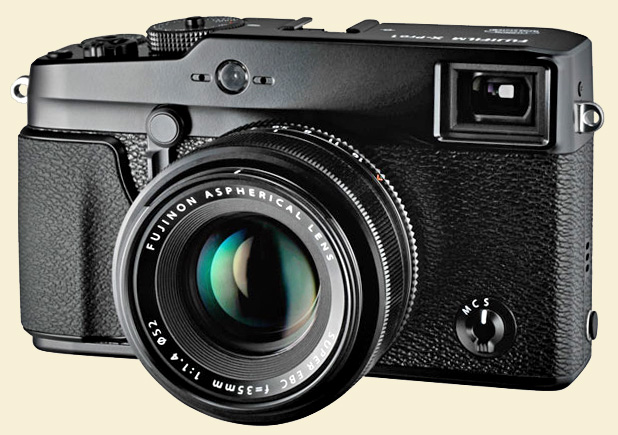
Fujifilm X-Pro1—Satisfying market requests for an "interchangeable-lens X100" with remarkable alacrity, Fuji creates the first truly viable competitor to the Leica M as a digital rangefinder-style camera. Includes a marvelously innovative viewfinder and, no surprise, wonderful image quality that has users very pleased.
Each one has weaknesses. That's because they're all cameras. With literally tens of thousands of attempts since 1839, there have been no perfect cameras so far in history.
And I'm supposed to pick a winner. Okay.
Ta-da!
Drum roll, please: Russell Wilson and Adrian Peterson.
Just kidding.
No, my pick for Camera of the Year 2012 has to be the Olympus OM-D E-M5. I gave most of my reasons for liking it in a previous post. I'm currently more enamored of the D800, and I actually think the best all-around camera that came out this year might have been the Canon 5D Mark III, even though it didn't make the top four because it doesn't break any new ground, and because Canon chose moderate, balanced features instead of extreme ones. (I'm going to rent one so that I can write about it. I enjoyed that when I did it with the D800E, although the exercise ended up being very expensive for me.)
But when it comes right down to it, the best pictures I took this year were mostly with the OM-D. The image quality of which this camera is capable makes it worthwhile putting up with its almost perversely overcomplicated controls. It's also the Comeback Camera of the Year, because of Olympus's very serious and high profile troubles .
.
I love Micro 4/3 because I love lenses, and there are just more tasty lenses that you can stick on a Micro 4/3 camera than any other kind. And the OM-D E-M5 is the true coming of age of the whole Micro 4/3 category.
It's the Camera of the Year of 2012 for me.
Mike
P.S. Oh, and by the way: I will absolutely be glued to my TV this weekend when Washington plays Seattle. I'm a primate too, after all.
Original contents copyright 2012 by Michael C. Johnston and/or the bylined author. All Rights Reserved. Links in this post may be to our affiliates; sales through affiliate links may benefit this site.
(To see all the comments, click on the "Comments" link below.)
Featured Comments from:
Stephen Gillette: "When I purchased an OM-D some months back, I immediately realized something was missing. Buyer's remorse. As the months have passed, I have not experienced a minute of it.
"Listen: I have owned many cameras over a period exceeding fifty years. I still own too many cameras. My favorites have been either small gems (starting with the Rollie 35) or compact but fuller-featured SLR's (starting with the Pentax ME).
"I had acquired both a NEX-platform camera and an MFT (Panasonic) before Oympus birthed the OM-D. With the acquisition of the OM-D, my camera lust is, for the first time, quelled.
"Peace in the valley. Ah....
"Now, Mike also picked up the OM-D, but without quite the 'Eureka! I have found it!' experience that I had. He did, after all, go on to invest in that big (and beautiful) Nikon full-framer. But then, Mike is younger and thus more impetuous than I. Even so, it seems that given the proper amount of New Year's introspection, he concedes the laurel wreath to the little camera that could. Hear hear!!"
jim r: "Again no love for the K-01 :^) Just think of it as a fully manual camera that can shoot in the dark and costs $320; that's amazing. In the last two months since the price drop it's a clear Comeback contestant, at least for those imagers who think art comes from somewhere other then the external appearance of a camera. Oh well—for the price maybe I'll take two."
Mike replies: No love for the K-01? That's not quite true. My brother Scott wanted me to recommend a good digital camera (his first), and I bought him...yes...this Pentax K-01.
Ben: "Because you picked my camera I can put away my knives and comment on what an eminently sensible person you are to have arrived at the only possible answer. There is absolutely no need for vicious character attacks and inflammatory arguments as long as everyone agrees with me. Kidding aside, I really wish I could try out the D800E and the 5D Mark III just for kicks (no camera rental services here in Costa Rica that I'm aware of). But I know from experience that if I were to buy them they would end up left at home after the initial purchase euphoria had worn off. Then I'd be back to carrying around my EM-5."
Mike replies: Er...well...ahem...I...uh...[tugging at collar, gulping nervously].
Michael Barkowski: "Belatedly, I nominate the 808 Pureview. Not too many controls, great image quality for the size. Yet once again I feel that Canon deserves to win all the awards, for giving sensationalism the finger and just making better cameras."
